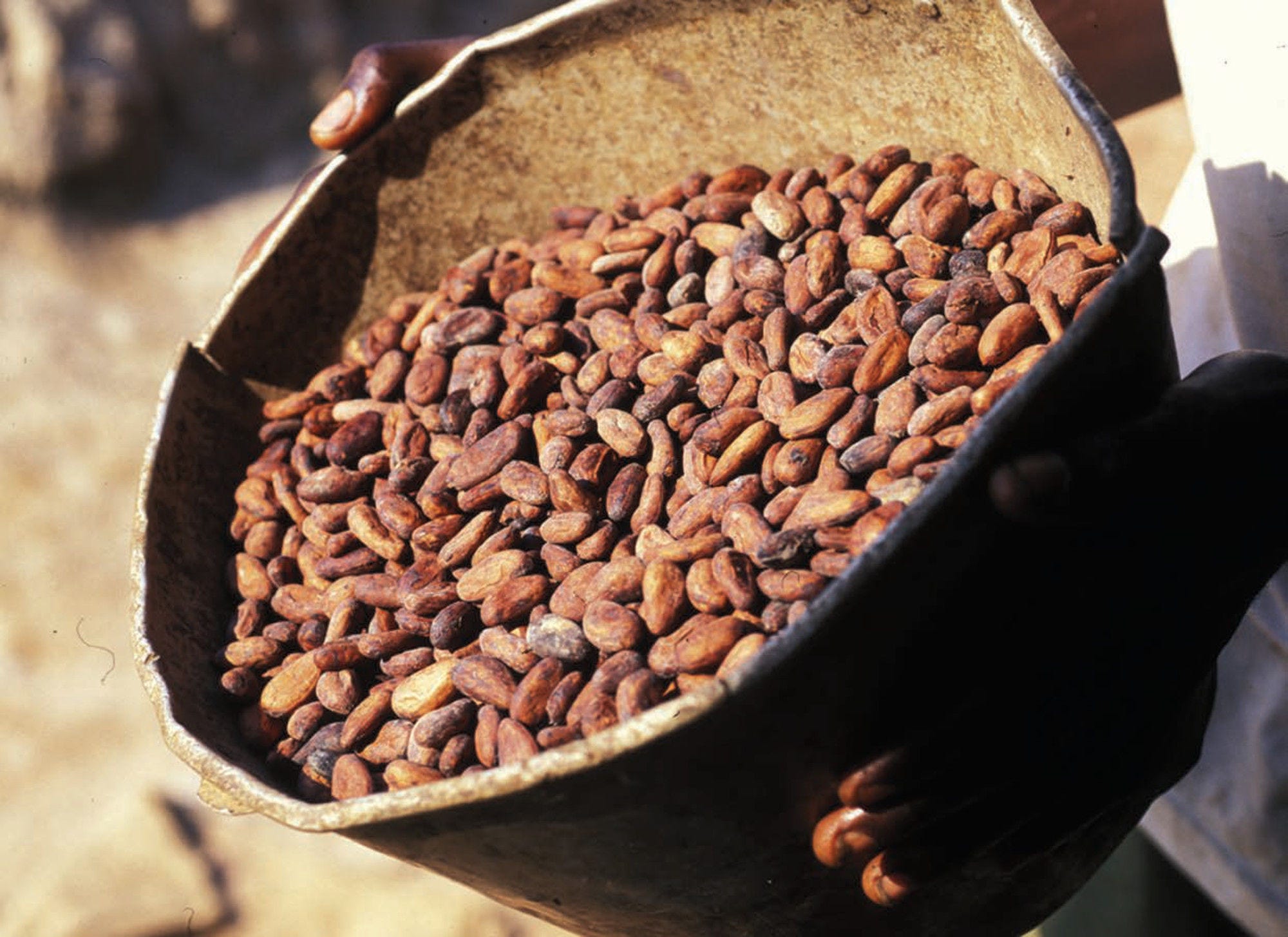This handbook aims to help companies identify, prevent and address child labour and forced labour risks, in the cocoa sector. The handbook builds on the leading international, government-backed standards on supply chain due diligence and responsible business conduct: the OECD Guidelines for Multinational Enterprises and the associated OECD Due Diligence Guidance for Responsible Business Conduct, and the OECD-FAO Guidance for Responsible Agricultural Supply Chains. This handbook was developed in collaboration with the International Cocoa Initiative (ICI), with financial support from the German Federal Ministry for Economic Cooperation and Development (BMZ) and technical inputs from the Deutsche Gesellschaft für Internationale Zusammenarbeit GmbH (GIZ).
Business Handbook on Due Diligence in the Cocoa Sector

Abstract
Executive Summary
The OECD-FAO Guidance for Responsible Agricultural Supply Chains (OECD-FAO Guidance) (OECD/FAO, 2016[2]) and the OECD Due Diligence Guidance for Responsible Business Conduct (OECD Due Diligence Guidance) (OECD, 2018[3]) help enterprises operationalise OECD risk-based due diligence consistent with internationally recognised standards on responsible business conduct such as the OECD Guidelines for Multinational Enterprises (OECD Guidelines for MNEs), the UN Guiding Principles on Business and Human Rights (UNGPs) and ILO conventions on labour. Implementing these recommendations can help enterprises avoid and address adverse impacts related to workers, human rights, the environment, bribery, consumers and corporate governance that may be associated with their operations and supply chains and other business relationships (OECD/FAO, 2021[4]).
While businesses are generally aware of the need to respect human rights and support responsible business conduct, the practical implementation of risk-based due diligence to identify, prevent and address risks and adverse impacts remains a challenge. Implementation challenges persist particularly in complex and fragmented supply chains such as in the agricultural sector. In addition, businesses often have limited experience in engaging civil society, worker representatives and government actors to support effective due diligence and risk mitigation strategies in line with expectations set out by the United Nations (UN), the OECD and the International Labour Organization (ILO).1
This Handbook addresses these gaps by focusing on child labour and forced labour, which are recognised as salient human rights issues in the cocoa sector. This Handbook illustrates how companies can operationalise OECD risk-based due diligence to address child labour and forced labour risks and impacts in the cocoa supply chain. It is anticipated that this Handbook can also inspire company due diligence to address additional human rights risks in other agricultural supply chains.
The Handbook does not provide new recommendations, but rather explains how OECD recommendations on risk-based due diligence can be applied to address child labour and forced labour by contextualising existing recommendations and directing users towards helpful sources related to addressing these risks.
Finally, although the Handbook addresses the challenge of due diligence in cocoa supply chains globally, most examples come from West Africa.
Why a Handbook?
Businesses operating in the cocoa sector are at risk of being linked to adverse impacts, in particular child labour and forced labour, through their operations, supply chains and business relationships.
While businesses are generally aware of the need to respect human rights and support responsible business conduct through risk-based due diligence, many still find it challenging to operationalise these expectations within their cocoa supply chains. The Handbook has been designed to help companies identify, prevent and address both risks and actual impacts relating to human rights in the cocoa sector, focusing on child labour and forced labour. Business can use this Handbook to translate responsible business commitments into action using OECD risk-based due diligence.
The Handbook:
Promotes a common understanding of risks and impacts in cocoa supply chains, to help companies meet voluntary and mandatory standards on due diligence and commitments on child labour and forced labour.
Provides clarity on how to operationalise existing OECD recommendations on due diligence in complex and fragmented supply chains in the cocoa sector.
Provides sector-specific considerations, tips and examples for business to implement due diligence, including for small and medium-sized enterprises (SMEs).
References existing resources available to companies that can be used to support due diligence and address child labour and forced labour in the sector.
Who is this Handbook for?
This Handbook is for companies in the cocoa sector operating at any stage of the supply chain, regardless of geographic location or company size. Given that human rights risks and impacts are present along the full cocoa supply chain, cocoa co‑operatives and farmer organisations, cocoa traders and processors, chocolate manufacturers, confectionary brands and retailers who sell cocoa products may all find value in this Handbook.
How to use this Handbook?
This Handbook has been kept as concise as possible based on feedback from business users that have asked for targeted advice on how to operationalise the OECD risk-based due diligence framework.
To make the Handbook practical, each step of the OECD due diligence framework includes a set of strategic questions companies should ask when implementing each step. In addition, acknowledging that SMEs are the majority of businesses in the sector and may face specific challenges to operationalising risk-based due diligence, the Handbook provides tips specifically to SMEs.
Users are recommended to use this Handbook in conjunction with the key instruments on OECD risk-based due diligence published by the OECD: the OECD-FAO Guidance for Responsible Agricultural Supply Chains (OECD-FAO Guidance) (OECD/FAO, 2016[2]) and the OECD Due Diligence Guidance for Responsible Business Conduct (OECD Due Diligence Guidance) (OECD, 2018[3]). These two government‑backed instruments provide corporate actors and investors the primary recommendations regarding international due diligence expectations and are the guiding texts on recommendations regarding OECD risk-based due diligence. Users of the Handbook are invited to go through the insights and tips provided in each chapter and review additional resources available on the website of the International Cocoa Initiative (ICI).2
Notes
← 1. The three main reference points for responsible business are the ILO Tripartite Declaration of Principles concerning Multinational Enterprises and Social Policy, the OECD Guidelines for Multinational Enterprises and the UN Guiding Principles on Business and Human Rights. These international instruments are aligned with, and complementary to, each other (OECD/EU/ILO, 2019[42]).
← 2. To find additional resources on the ICI’s website, visit https://www.cocoainitiative.org/knowledge-hub/resources/additional-resources-support-human-rights-due-diligence-cocoa-sector
Related publications
-
 Policy paper22 November 2024
Policy paper22 November 2024



